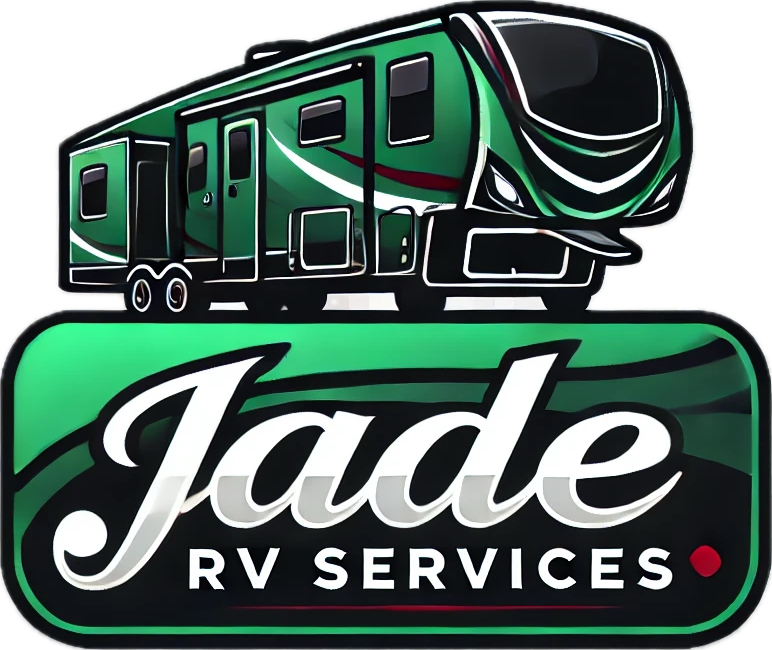An essential RV inspection covers a comprehensive assessment of your recreational vehicle’s key components and systems to ensure safety, functionality, and reliability. Here are the critical areas checked during an essential RV inspection:
- Exterior:
- Roof and Seals: Check for leaks, cracks, and the integrity of seals around vents, skylights, and edges.
- Body and Paint: Inspect for dents, scratches, rust, and overall condition of the exterior paint and body.
- Windows and Doors: Ensure all windows and doors open, close, and seal properly without damage.
- Tires and Underbody:
- Tire Condition: Examine tire tread, pressure, and overall condition, including the spare tire.
- Suspension and Axles: Inspect for wear, damage, and proper alignment of the suspension system and axles.
- Frame and Chassis: Check for rust, cracks, or structural concerns.
- Interior:
- Plumbing System: Test faucets, showers, and toilets for leaks and proper functionality. Inspect the water heater and tank for issues.
- Electrical System: Check wiring, outlets, and lights to ensure everything is functioning correctly. Test all appliances.
- Heating and Cooling: Test the HVAC system, including the furnace and air conditioning units.
- Propane System:
- Propane Tanks: Verify the condition and expiration dates of propane tanks.
- Gas Lines and Connections: Ensure there are no leaks and that connections are secure.
- Appliances: Test propane-powered appliances such as the stove, oven, and refrigerator for proper operation.
- Water System:
- Freshwater System: Inspect tanks, pumps, and lines for leaks and proper operation.
- Wastewater System: Check grey and black tanks, valves, and connections for leaks and functionality. Test the dumping process.
- Engine and Generator (For Motorhomes):
- Engine: Inspect oil levels, coolant, belts, hoses, and overall engine condition.
- Generator: Check the generator’s oil level, and test its operation to ensure it runs smoothly.
- Safety Equipment:
- Smoke and CO Detectors: Test smoke and carbon monoxide detectors for functionality.
- Fire Extinguishers: Check the condition and expiry dates of fire extinguishers.
- Emergency Exits: Ensure all emergency exits are accessible and functional.
Performing an essential RV inspection helps identify any potential issues before they become major problems, ensuring a safe and enjoyable travel experience. Regular inspections can also help maintain the value and longevity of your RV.
